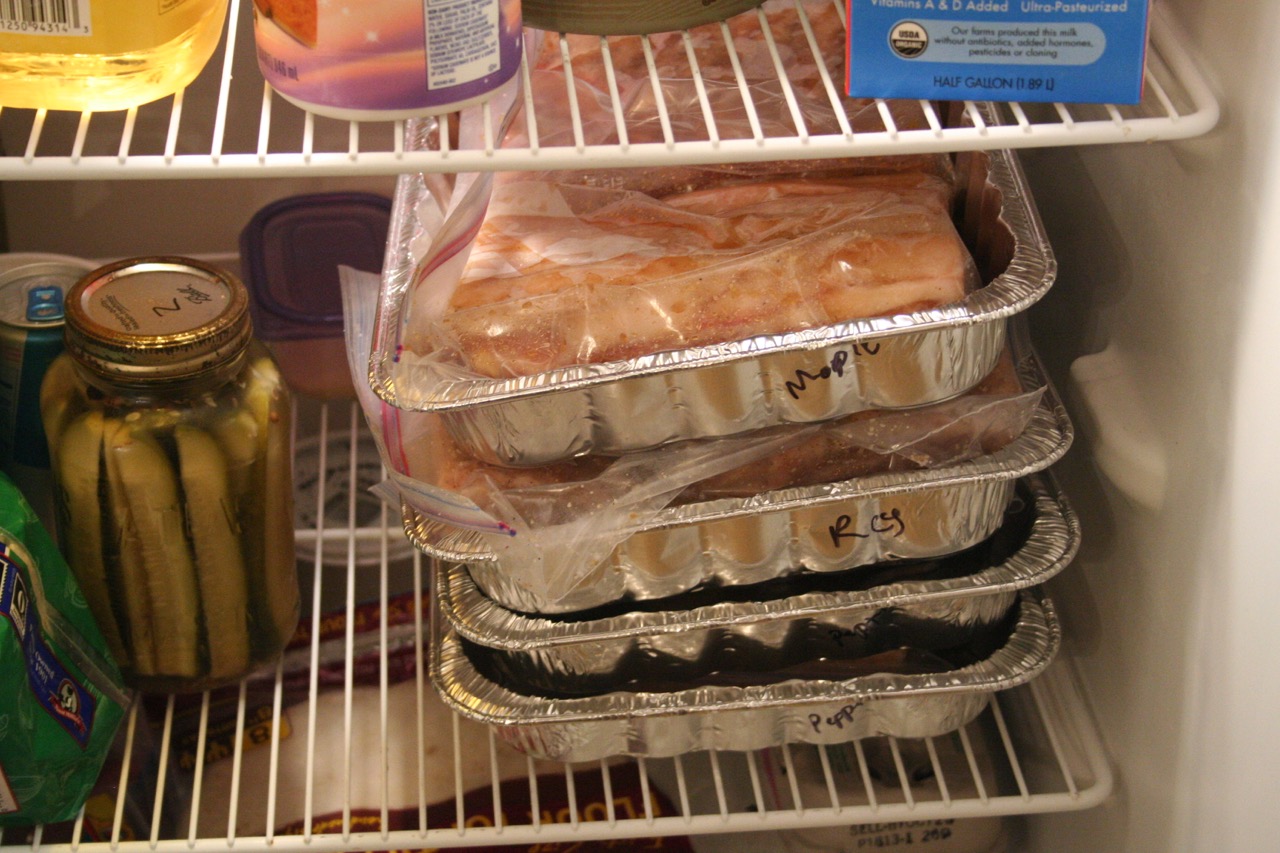

Articles
How To Store Bacon In Fridge
Modified: February 20, 2024
Discover the best way to store bacon in the fridge with our informative articles. Keep your bacon fresh and delicious for longer.
(Many of the links in this article redirect to a specific reviewed product. Your purchase of these products through affiliate links helps to generate commission for Storables.com, at no extra cost. Learn more)
Introduction
Welcome to the wonderful world of bacon! Whether you’re a bacon enthusiast or simply enjoy indulging in this delicious cured meat from time to time, it’s important to know how to properly store bacon in the fridge. We all know that bacon has a special place in our hearts and on our breakfast plates, but did you know that improper storage can lead to spoiled bacon and a less than enjoyable eating experience?
In this article, we’ll explore the importance of proper bacon storage and provide you with some valuable tips and a step-by-step guide to help ensure that your bacon stays fresh and flavorful for as long as possible. So, let’s dive in and learn how to keep that crispy, savory goodness intact!
Key Takeaways:
- Properly storing bacon in the fridge maintains its flavor, extends shelf life, reduces waste, and promotes food safety, ensuring delicious, convenient indulgence and cost savings.
- Follow simple steps like sealing, labeling, and refrigerating at the right temperature to keep bacon fresh, flavorful, and safe for consumption until you’re ready to enjoy it!
Read more: How To Store Cooked Bacon In The Fridge
Importance of Proper Bacon Storage
Proper bacon storage is crucial for several reasons. Firstly, it helps maintain the quality and taste of the bacon. When stored correctly, bacon retains its flavor and texture, ensuring a satisfying eating experience every time. On the other hand, improper storage can lead to flavor deterioration, moisture loss, and even spoilage, resulting in a waste of this delicious treat.
Secondly, storing bacon properly helps to prevent foodborne illnesses. Bacon is a perishable food item, and if not stored at the correct temperature, bacteria can multiply rapidly, leading to potential health risks. By following the right storage methods, you can reduce the chances of bacterial growth and keep your bacon safe to consume.
Lastly, proper storage helps to maximize the shelf life of bacon. While it’s always best to consume bacon within a few days of purchase, there may be times when you want to extend its storage period. By following the recommended storage guidelines, you can prolong the freshness of your bacon and reduce the need for frequent grocery store trips.
Overall, understanding the importance of proper bacon storage ensures that you can enjoy this savory delight while minimizing the risk of foodborne illness and avoiding unnecessary food waste.
Tips for Storing Bacon in the Fridge
To keep your bacon fresh and delicious, here are some helpful tips for storing it in the fridge:
- Keep it sealed: When purchasing bacon, ensure it is tightly wrapped in plastic or stored in a sealed container. This helps to prevent air exposure and keeps the bacon from drying out.
- Temporarily store in the original packaging: If the bacon comes packaged in a vacuum-sealed or airtight container, you can store it as is until you are ready to use it.
- Transfer to an airtight container: If your bacon doesn’t come in a sealed package, it’s advisable to transfer it to an airtight container, such as a resealable plastic bag or a lidded container. Make sure to remove as much air as possible before sealing.
- Label and date: To keep track of freshness, label the container with the date of purchase or use-by date. This helps you know how long the bacon has been stored and when it needs to be consumed.
- Place on a refrigerator shelf: Store the bacon on a flat section of the refrigerator shelf. This prevents it from being squished or damaged by other items and promotes even cooling.
- Avoid storing near strong-smelling foods: Bacon easily absorbs odors, so be mindful of what you place it next to in the fridge. Keep it away from pungent items like onions, garlic, or strong cheeses.
- Keep away from temperature fluctuations: Fluctuating temperatures can cause spoilage and affect the quality of the bacon. Make sure your fridge is set at a consistent temperature ideally between 34°F and 40°F (1°C and 4°C).
- Regularly check for freshness: It’s important to regularly inspect your bacon for any signs of spoilage, such as discoloration, off-putting smells, or sliminess. If you notice any of these signs, it’s best to discard the bacon.
By following these simple tips, you can ensure that your bacon stays fresh, flavorful, and safe for consumption until you’re ready to enjoy it!
Step-by-Step Guide to Storing Bacon in the Fridge
Follow these easy steps to store bacon in the refrigerator:
- Prepare the packaging: If the bacon is already vacuum-sealed or in an airtight package, proceed to step 2. If not, grab an airtight container or resealable plastic bag.
- Transfer the bacon: Place the bacon in the airtight container or resealable bag. Ensure that it fits comfortably without bending or folding.
- Remove excess air: If using a resealable bag, squeeze out as much air as possible before sealing it. This helps prevent oxidation and keeps the bacon fresh.
- Label and date: Use a marker or label to indicate the purchase date or the recommended use-by date for the bacon. This will help you track its freshness.
- Find the perfect spot: Choose a flat section on one of the refrigerator shelves to store the bacon. This ensures it remains undisturbed and maintains its shape.
- Avoid temperature fluctuations: Make sure your refrigerator is set at a consistent temperature between 34°F and 40°F (1°C and 4°C). This range helps keep the bacon fresh and safe to consume.
- Keep away from odorous foods: Avoid placing the bacon near strong-smelling food items like onions, garlic, or pungent cheeses. Bacon easily absorbs odors, which can affect its taste.
- Regularly check for freshness: Periodically inspect the bacon for any signs of spoilage, such as discoloration, unusual smells, or sliminess. If any of these signs are present, discard the bacon immediately.
By following these steps, you can ensure that your bacon is stored properly in the fridge, preserving its quality and taste for as long as possible.
Store bacon in the fridge in its original packaging or transfer to an airtight container. Place it in the coldest part of the fridge, such as the back of the bottom shelf, to keep it fresh for longer.
Benefits of Proper Bacon Storage
Properly storing your bacon in the fridge offers several benefits:
- Freshness: By storing bacon correctly, you can maintain its freshness, preserving its flavor and texture. Proper storage methods prevent the bacon from drying out, ensuring that it remains juicy and delicious.
- Extended shelf life: When bacon is stored properly, it can have a longer shelf life. While it’s recommended to consume bacon within a few days of purchase, proper storage can help extend its freshness and allow you to enjoy it for a longer period of time.
- Reduced food waste: When bacon is improperly stored, it’s more likely to spoil quickly, leading to wasted food and money. By following the right storage techniques, you can minimize food waste and make the most out of your bacon purchase.
- Food safety: Properly storing bacon helps prevent the growth of harmful bacteria that can cause foodborne illnesses. Storing bacon at the correct temperature and away from potential contaminants reduces the risk of contamination and promotes food safety.
- Convenience: Having properly stored bacon in your refrigerator means it’s readily available when you need it. No more last-minute trips to the grocery store or settling for less flavorful alternatives.
- Cost savings: By extending the shelf life of your bacon through proper storage, you can save money by reducing the need for frequent purchases. This is particularly beneficial when buying in bulk or during sales.
Overall, practicing proper bacon storage not only ensures a delicious and enjoyable eating experience but also promotes food safety, reduces waste, and brings convenience and cost savings to your kitchen.
Read more: How To Store Ham Slices In Fridge
Frequently Asked Questions (FAQs)
Here are some commonly asked questions about storing bacon in the fridge:
- Can I freeze bacon for long-term storage?
- Is it safe to eat bacon that has turned brown?
- Can I reuse bacon grease?
- Should I thaw frozen bacon before cooking?
- Can I store cooked bacon in the fridge?
- What is the ideal temperature for storing bacon in the fridge?
Yes, bacon can be frozen for long-term storage. Wrap it tightly in freezer-safe packaging or divide it into portions and seal it in freezer bags. Frozen bacon can typically be stored for up to 6 months.
Brown discoloration on bacon is a normal occurrence and is not necessarily an indication of spoilage. However, if the bacon has an off odor or slimy texture, it is best to discard it.
Yes, bacon grease can be reused for cooking or flavoring. Strain and store the cooled grease in an airtight container in the refrigerator. It can be used for frying, sautéing, or adding a boost of flavor to dishes.
It is recommended to thaw frozen bacon before cooking to ensure even cooking and to prevent it from becoming chewy. Thaw in the refrigerator overnight or use the defrost setting on your microwave if you need it quickly.
Yes, cooked bacon can be stored in the fridge. Place it in an airtight container or wrap it tightly in foil or plastic wrap. It can be stored for up to 4-5 days.
The ideal temperature for storing bacon in the fridge is between 34°F and 40°F (1°C and 4°C). This temperature range helps slow down bacterial growth and maintains the quality of the bacon.
If you have any other questions or concerns about storing bacon, consult the manufacturer’s packaging or check with your local food safety guidelines for more specific information.
Conclusion
Properly storing bacon in the fridge is key to maintaining its freshness, flavor, and quality. By following the tips and guidelines outlined in this article, you can ensure that your bacon stays deliciously preserved until you’re ready to enjoy it. From keeping it sealed and transferring it to an airtight container to storing it at the correct temperature and avoiding strong odors, each step plays a crucial role in maximizing the shelf life and taste of your bacon.
Remember that bacon is a perishable food, and it’s always best to consume it within a few days of purchase. However, by adhering to proper storage practices, you can extend its freshness and reduce food waste. Additionally, storing bacon correctly contributes to food safety, minimizing the risk of bacterial growth and potential health hazards.
Whether you’re preparing a weekend breakfast, adding bacon to your favorite recipes, or simply satisfying a craving, having properly stored bacon in your fridge provides convenience, flavor, and cost savings. So, take the time to implement these storage techniques and enjoy the benefits of delicious, fresh bacon any time you desire.
Now that you know the importance of proper bacon storage and have learned the best practices, go ahead and stock up on this delectable treat with confidence, knowing that you can keep it fresh and flavorful for longer. Happy bacon storage and indulgence!
Frequently Asked Questions about How To Store Bacon In Fridge
Was this page helpful?
At Storables.com, we guarantee accurate and reliable information. Our content, validated by Expert Board Contributors, is crafted following stringent Editorial Policies. We're committed to providing you with well-researched, expert-backed insights for all your informational needs.
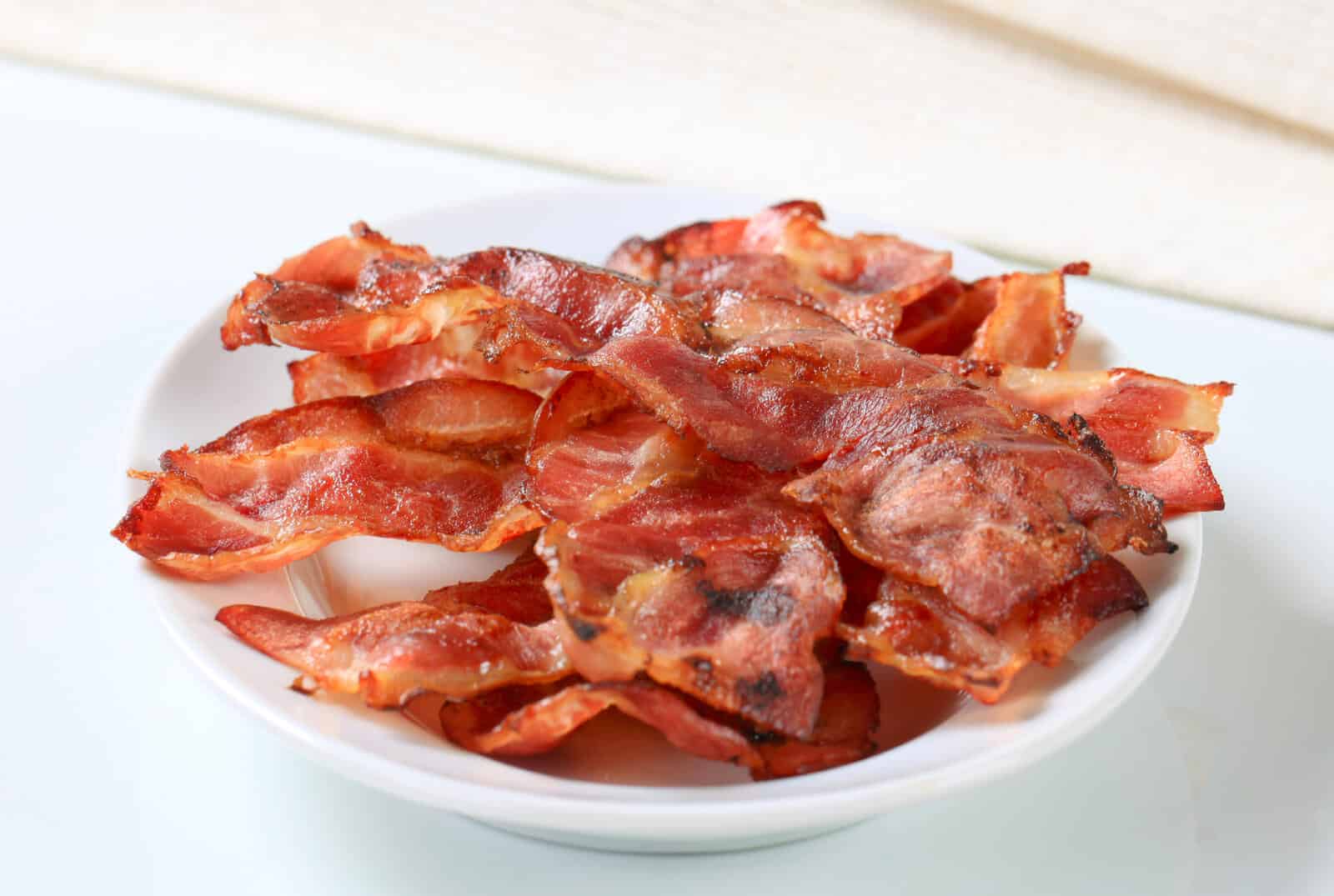

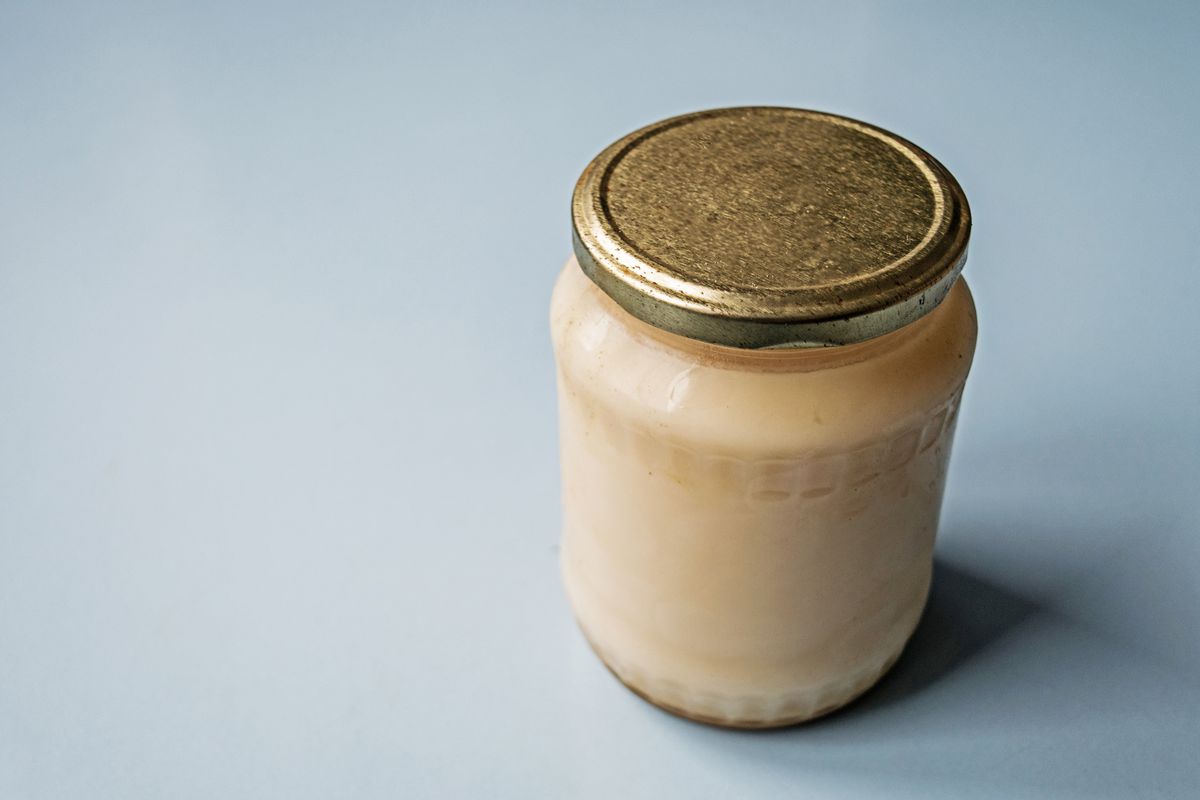
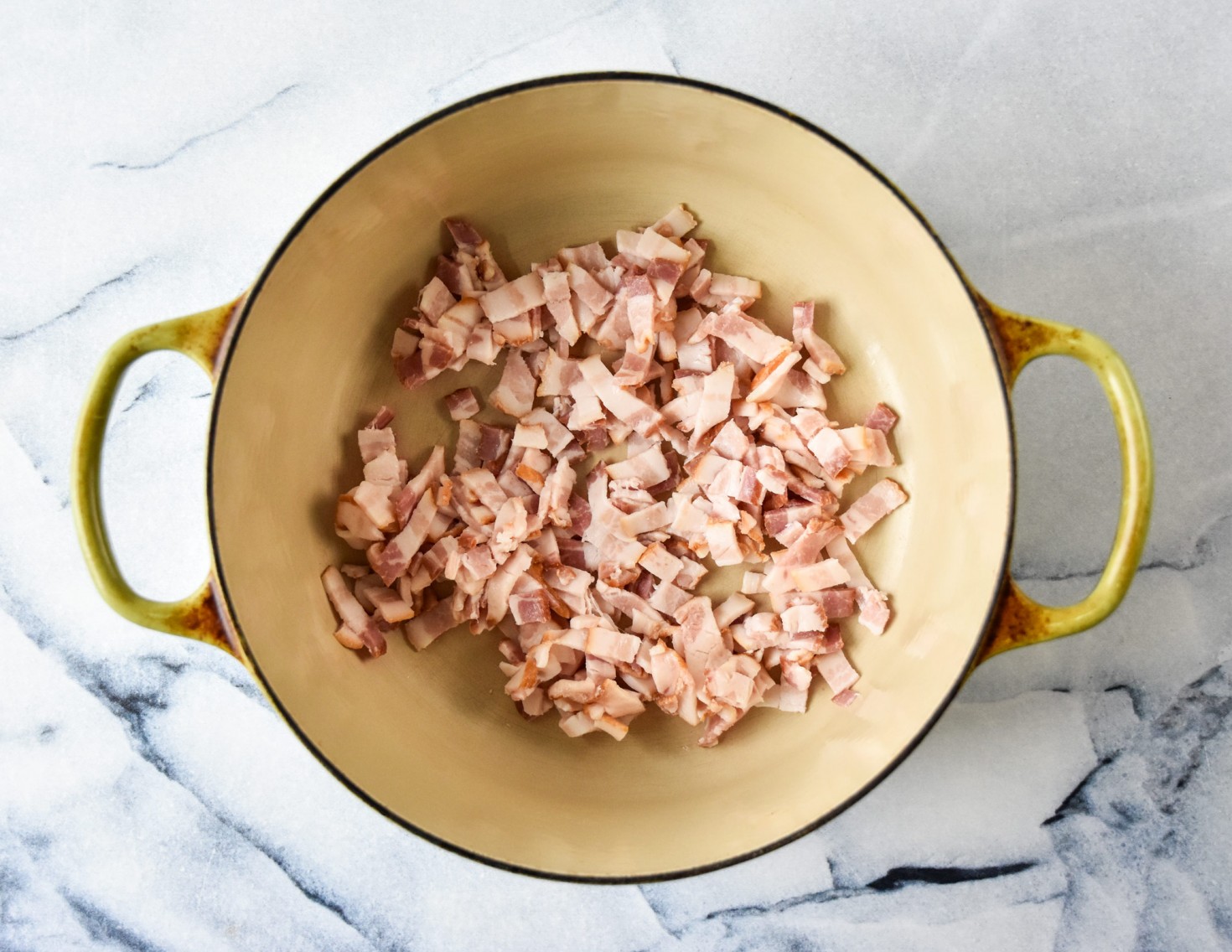

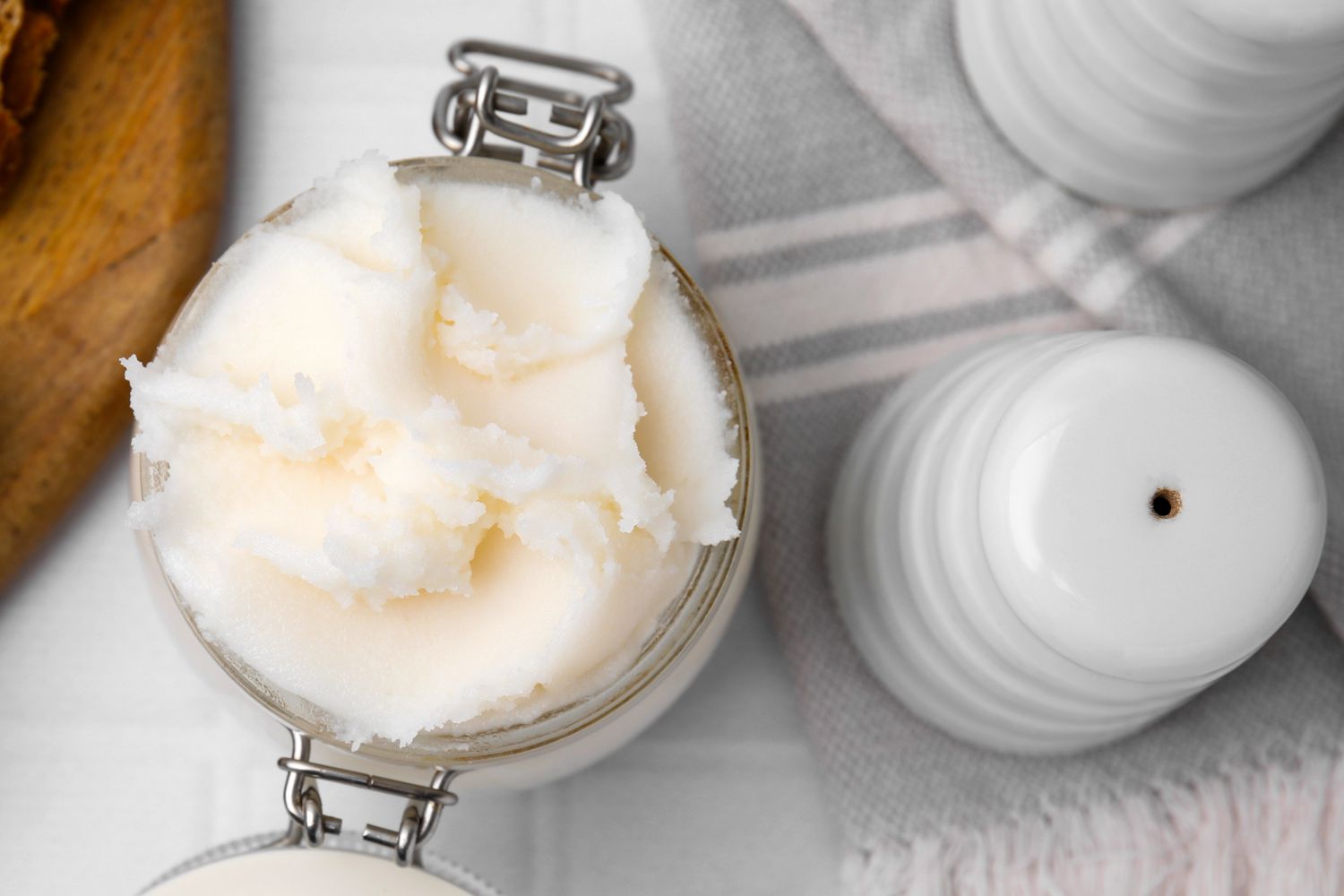
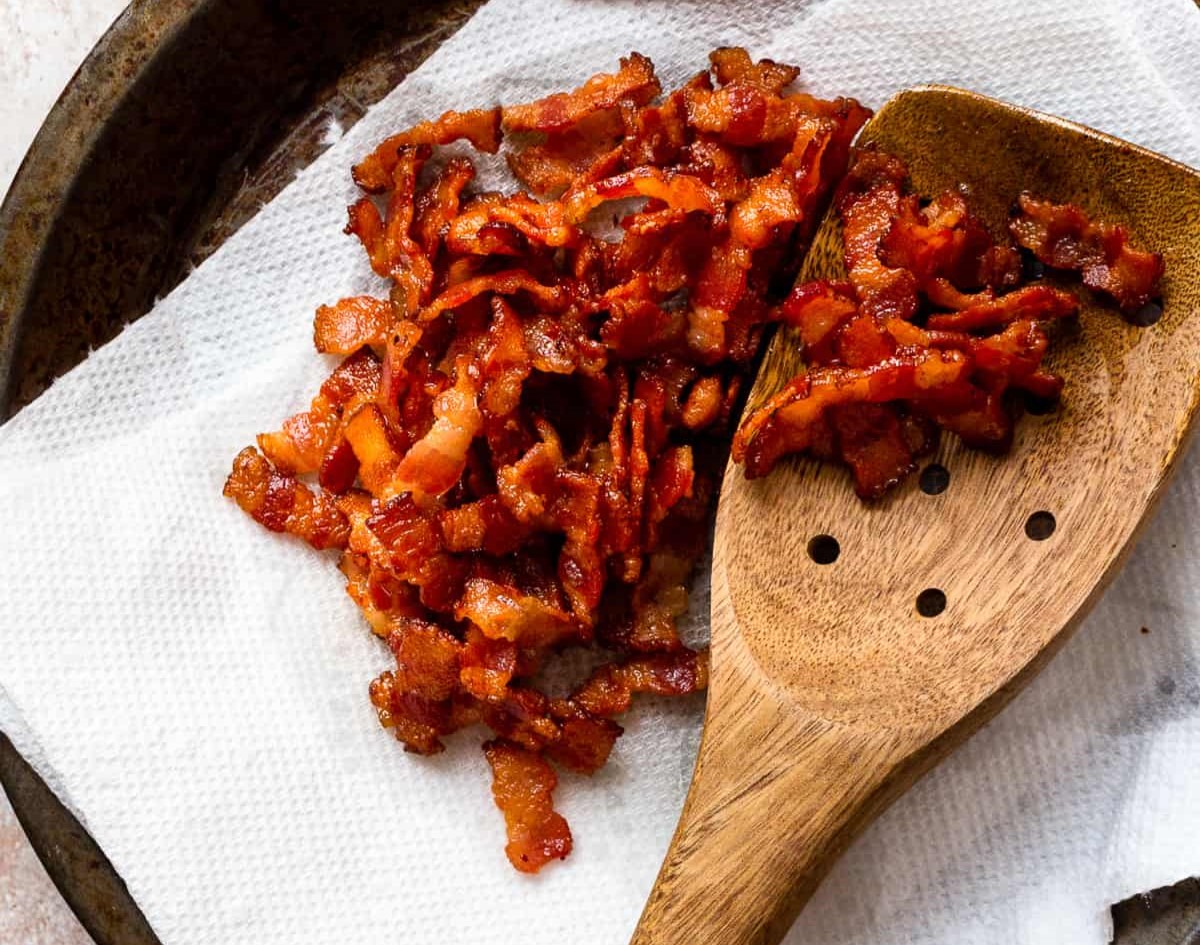
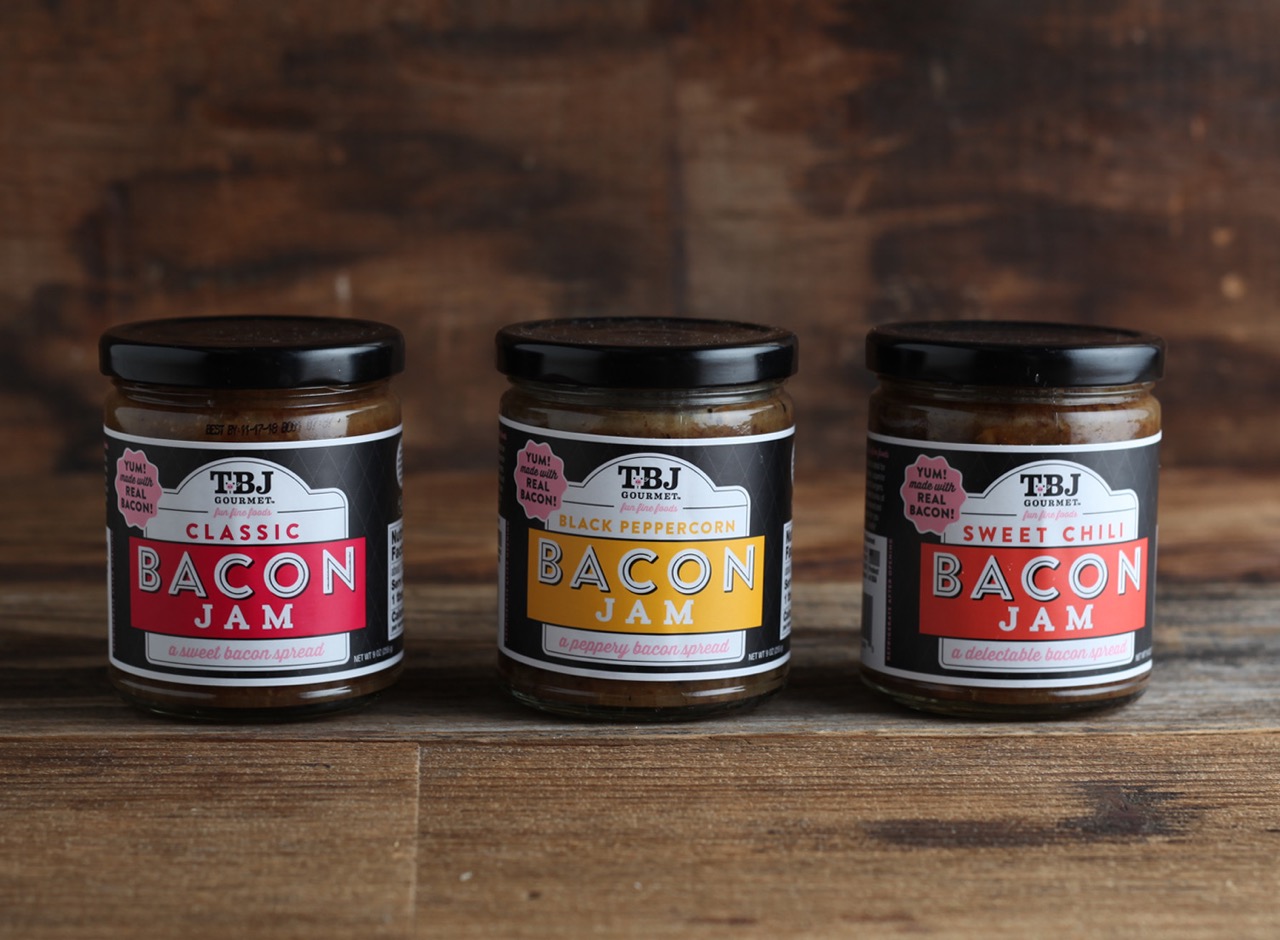


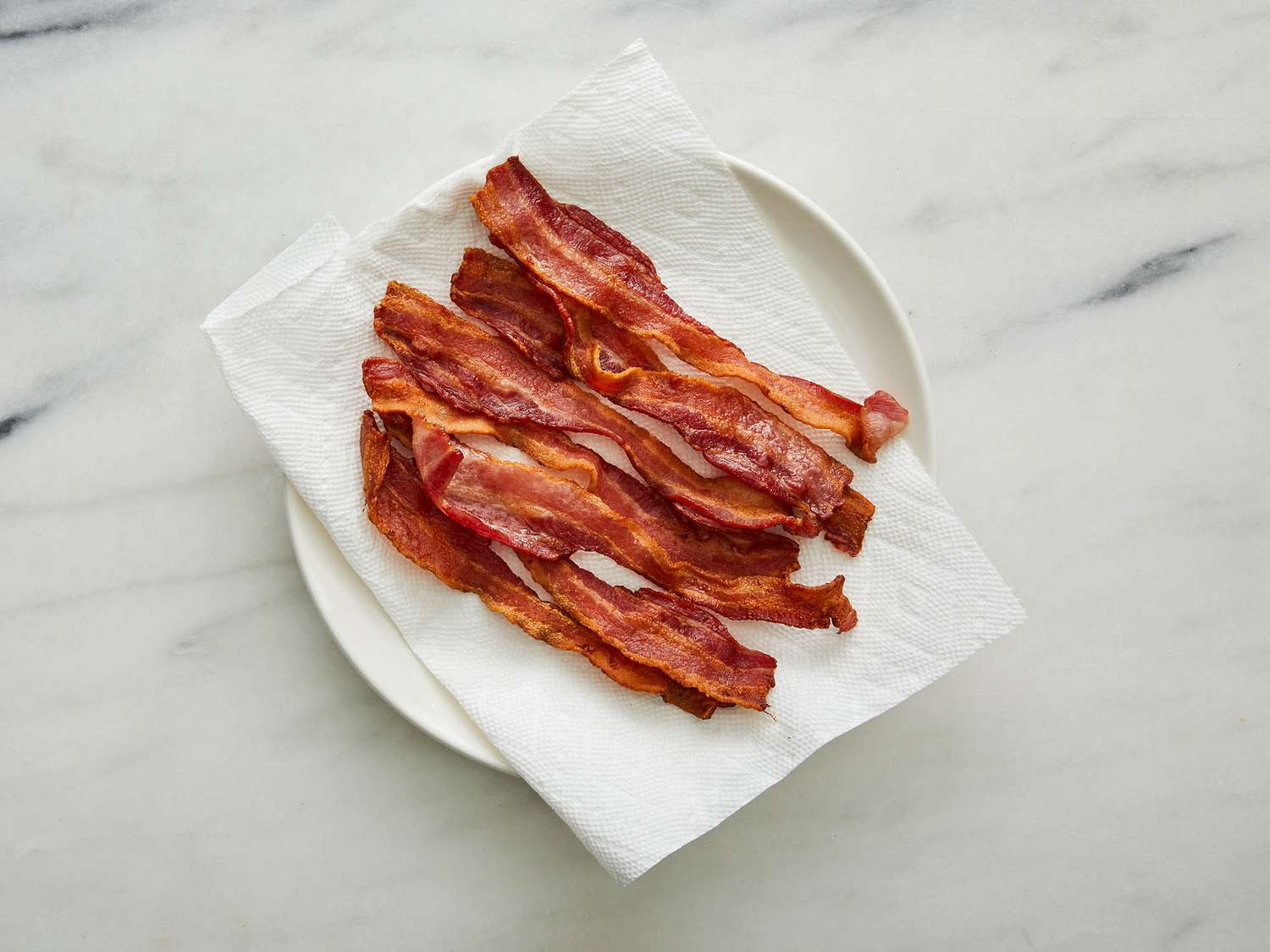

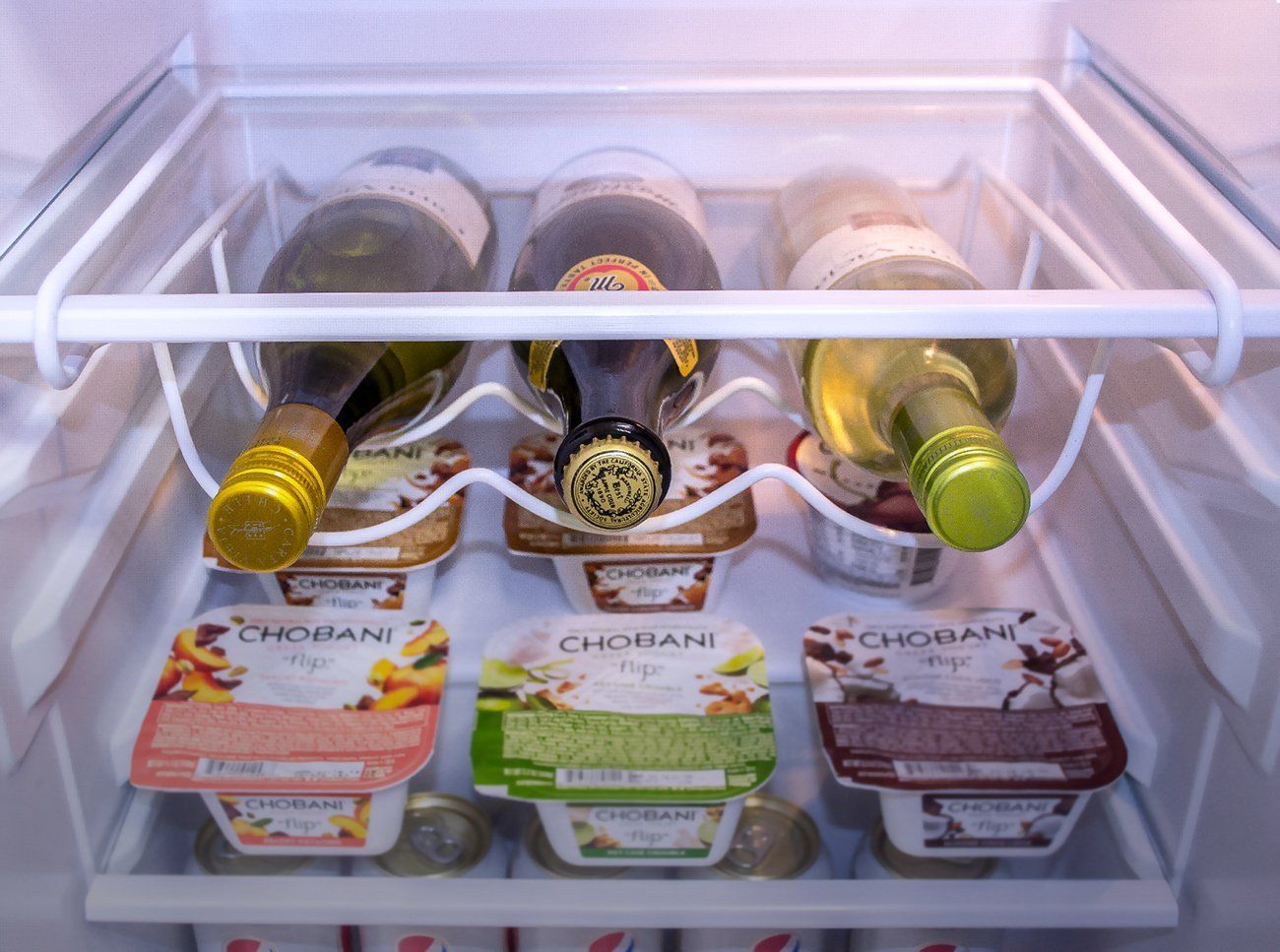


0 thoughts on “How To Store Bacon In Fridge”